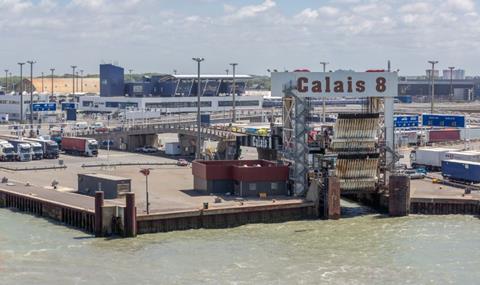
A transport lawyer has added his voice to growing concerns that there will not be enough HGV access permits for operators wanting to enter the EU in the event of a no-deal Brexit.
Tim Culpin, transport partner at Aaron & Partners, said there would “simply not be enough” European Conference of Ministers of Transport (ECMT) permits available to meet demand should a ‘no deal’ be agreed.
Culpin urged operators to prepare for the UK to crash out of the EU without a deal and make an application for a permit on time.
The application window for ECMT permits opens on 2 November and closes on 20 November and Culpin said they would be allocated once the window closes and not on a first come, first served basis.
He said: “It is estimated that around 300,000 UK registered vehicles travel to the EU each year, not including those travelling to the Republic of Ireland.
“According to [Logistics UK], when applications were made ahead of the projected March 2019 departure, fewer than half the 2,000 applicants received permits.
“If no deal is agreed, there will simply not be enough permits available to meet demand.”
Culpin added: “It is therefore imperative that operators ensure that their permit application is made in time, to allow their preparations to proceed as smoothly as possible.”
Earlier this week, Logistics UK warned that operators would be restricted by the number of available lorry access permits if Brexit talks remained unresolved.
David Wells, Logistics UK chief executive, said: “The permit quota available to UK operators will fall short by a factor of four, putting businesses at risk right across the country.
“We are urging government to keep pressing for a deal with Brussels to protect not only our industry but the economy as a whole.”
Culpin added that operators that run their transport undertaking via a number of different companies should be aware that an ECMT permit applies to one company and cannot be transferred between them.
• Logistics UK said a no-deal Brexit would add more than £240m to the industry’s bills, via WTO tariffs on new vehicles, parts and equipment. Chief executive David Wells said a raft of additional tariffs applying indirectly to logistics and other sectors involved in the supply chain would result in price rises on everyday items and the subsequent inflationary pressure would “crush” hopes of economic growth.













